Introduction
Hemp farming has gained increasing popularity in recent years due to the numerous benefits of the plant. However, navigating the regulations and legalization surrounding hemp cultivation can be complex. In this article, we will explore the intricacies of hemp farming regulations and provide guidance on how to successfully navigate this industry.
Understanding Hemp Farming Regulations
Before diving into hemp farming, it is crucial to understand the regulations that govern this industry. In the United States, the cultivation of hemp is regulated by the Agriculture Improvement Act of 2018, also known as the Farm Bill. This legislation legalized the production of hemp as an agricultural commodity and removed it from the list of controlled substances.
State Regulations
While the Farm Bill legalized hemp at the federal level, each state has the authority to regulate hemp cultivation within its borders. It is important to familiarize yourself with the specific regulations and licensing requirements in your state before starting a hemp farm.
Registration and Licensing
Individuals or entities looking to cultivate hemp must obtain a license from their state’s department of agriculture. This process typically involves submitting an application, paying a fee, and providing detailed information about the intended use of the hemp crop.
Navigating Hemp Farming Legalization
With the legalization of hemp at the federal level, farmers now have the opportunity to capitalize on the growing demand for hemp-derived products. From textiles and paper to food and CBD products, the possibilities are endless in the hemp industry.
Choosing the Right Strain
When starting a hemp farm, it is important to choose the right strain of hemp for your specific needs. Whether you are looking to produce fiber, seeds, or CBD, there are different strains of hemp that are better suited for each purpose. Conduct thorough research and seek advice from experts to ensure you select the right strain for your farm.
Quality Control
Quality control is essential in the hemp industry to ensure the safety and efficacy of your products. From testing for THC levels to monitoring for contaminants, implementing robust quality control measures is crucial for maintaining compliance with regulations and building a reputable brand.
Conclusion
As hemp farming continues to grow in popularity, navigating the regulations and legalization surrounding this industry is essential for success. By understanding the regulations at both the federal and state levels, obtaining the necessary licenses, and implementing quality control measures, farmers can position themselves for a prosperous future in the hemp industry.
FAQs
1. Is hemp farming legal in all states?
No, while hemp cultivation is federally legal, each state has the authority to regulate hemp farming within its borders. It is important to check the specific regulations in your state before starting a hemp farm.
2. What are the licensing requirements for hemp farming?
To cultivate hemp, individuals or entities must obtain a license from their state’s department of agriculture. This process typically involves submitting an application, paying a fee, and providing detailed information about the intended use of the hemp crop.
3. How do I choose the right strain of hemp for my farm?
When selecting a strain of hemp, consider the intended use of the crop. Whether you are looking to produce fiber, seeds, or CBD, there are different strains of hemp that are better suited for each purpose. Conduct thorough research and seek advice from experts to ensure you choose the right strain for your farm.

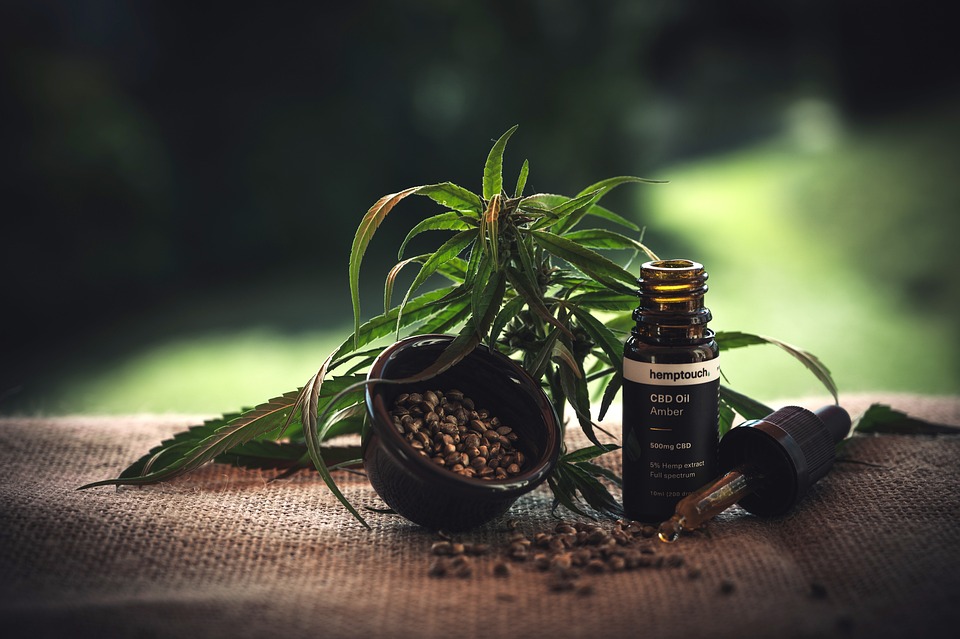

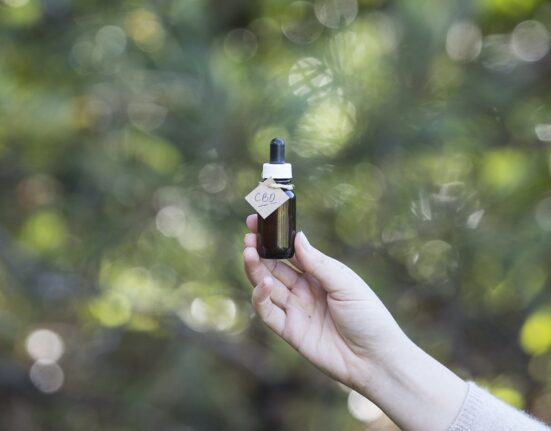
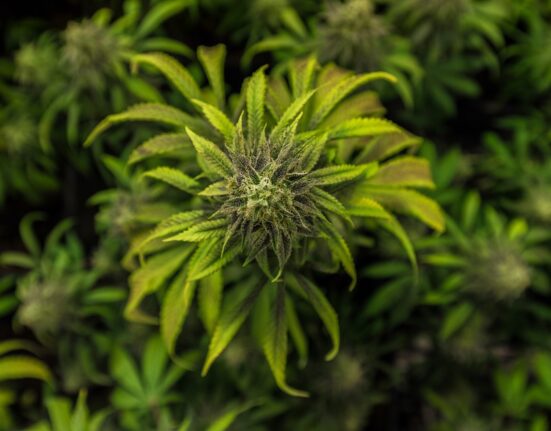
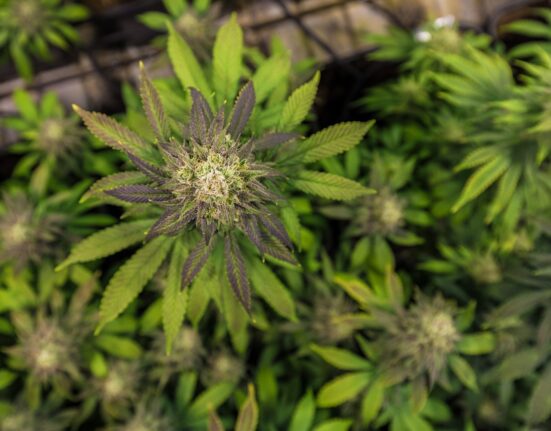
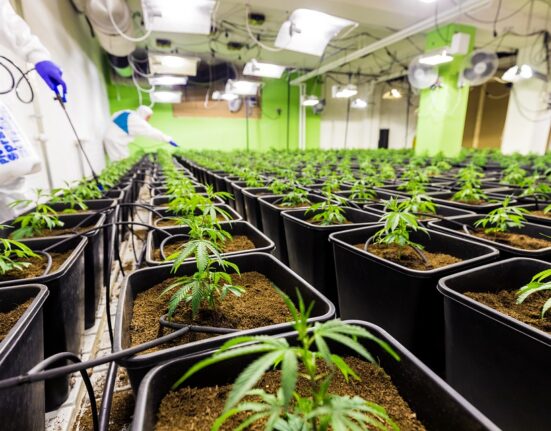
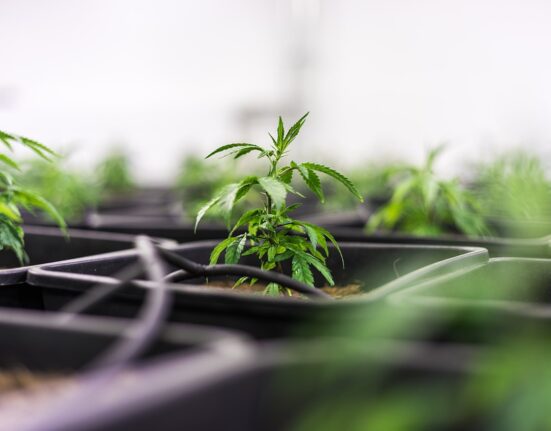
Leave feedback about this